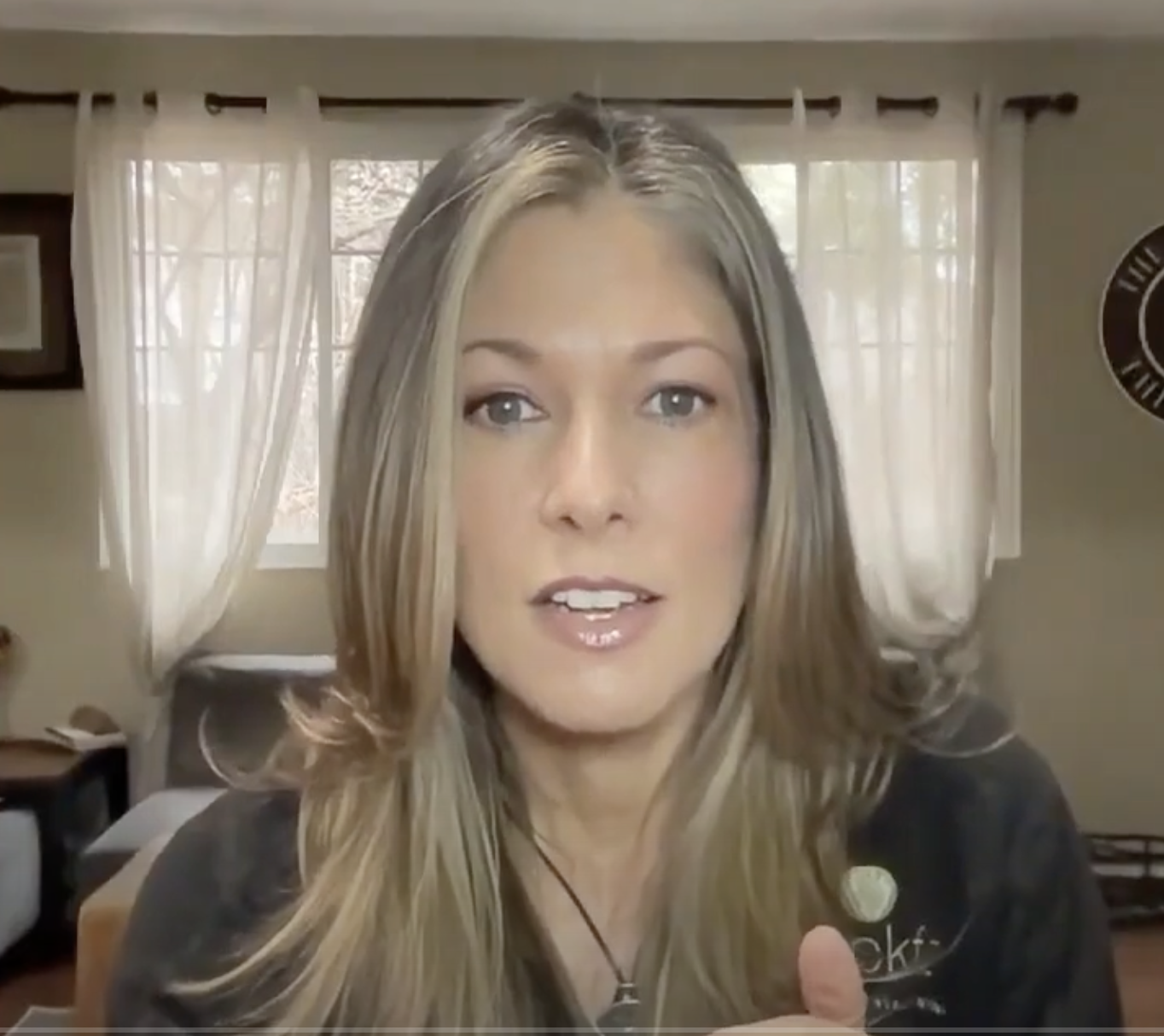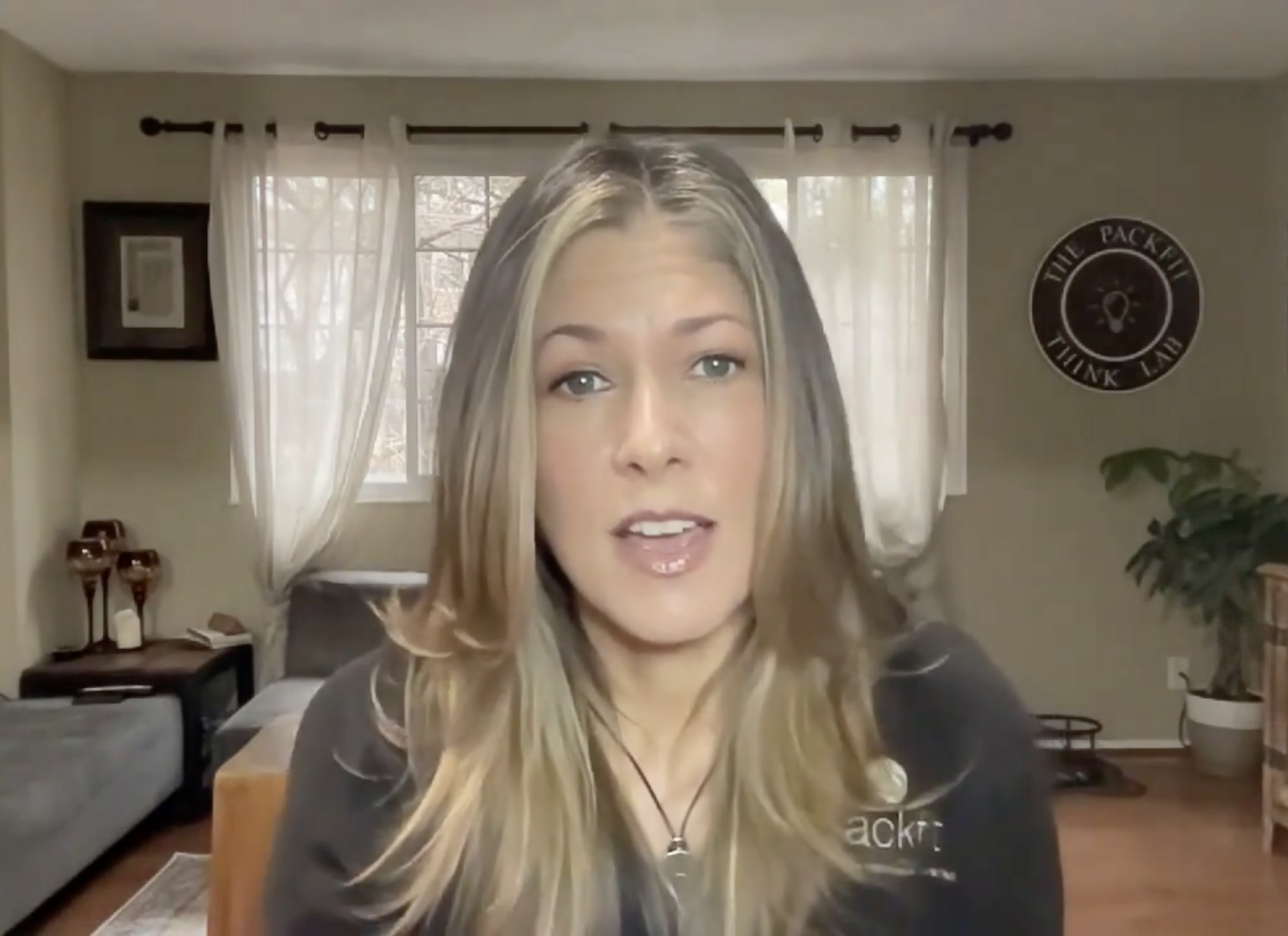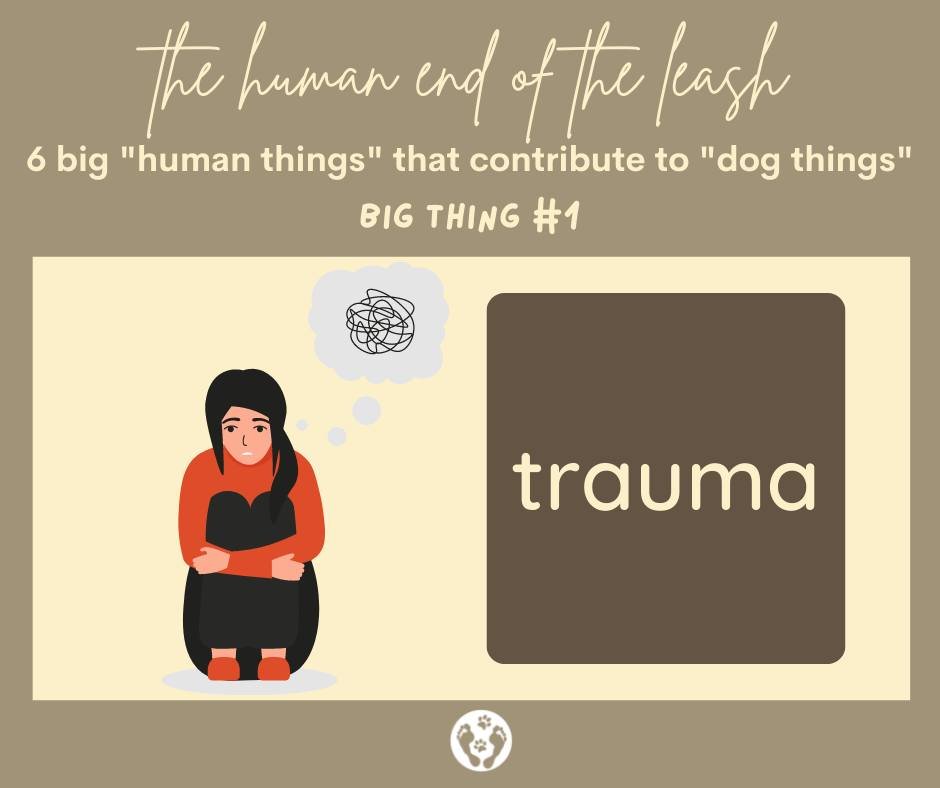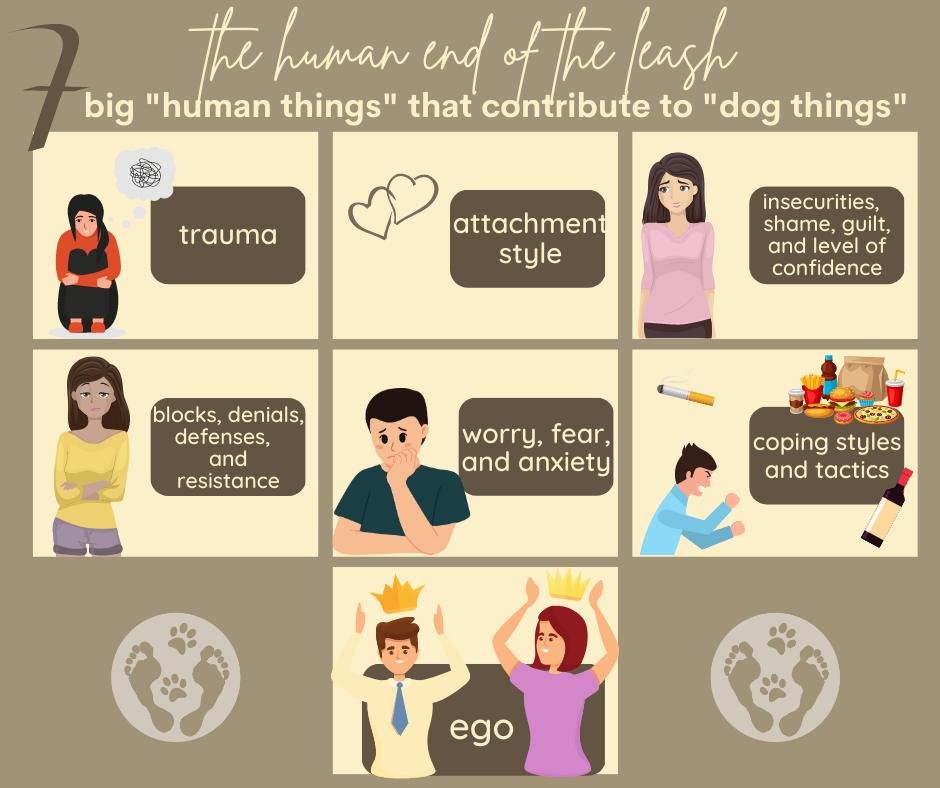
A new initiative…
We’re in the midst of an emotional health crisis.
What’s being touted as “mental health” issues, are actually emotional health issues.

Why healing trauma benefits our dogs behaviorally.
Having a trauma-informed and *holistic* (meaning: we pay attention to ALL contributing ingredients) approach to behavior: behavioral training, conditioning, modification, and rehabilitation in working with dogs is important. Why? Because *both* ends of the leash are in constant conversation with each other. And both ends of the leash are usually responding, sharing, and exchanging from the residue trauma has left behind (aka skewed interpretations, perceptions, and filters).

The importance of “the human end of the leash”
The work we do with people and their dogs has been described over and over again as "completely transformational" and "life changing." There are two ends of the leash. We're in relationship with our dogs. Both ends need to be addressed for the most effective behavioral change. If we believe it's "just the dog" that "needs training", any "results" we achieve will be very limited.



The 7 Big Human Things that Contribute to the Big Dog Things
What started out as “6” became the 7 Big Human Things that Contribute to the Big Dog Things. Who we are, what we do, what we don’t do, how we feel… it all matters.

